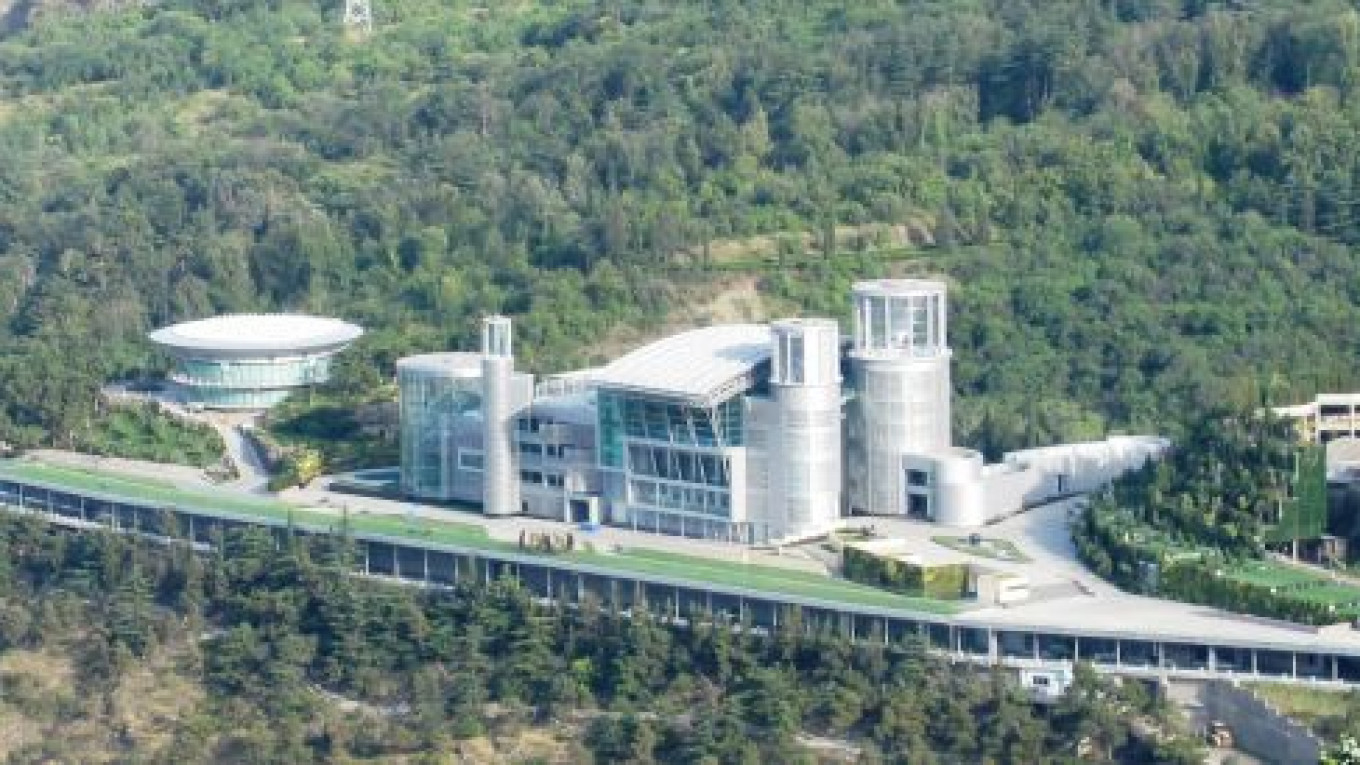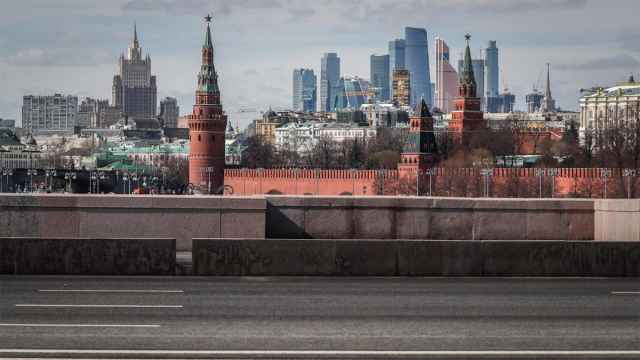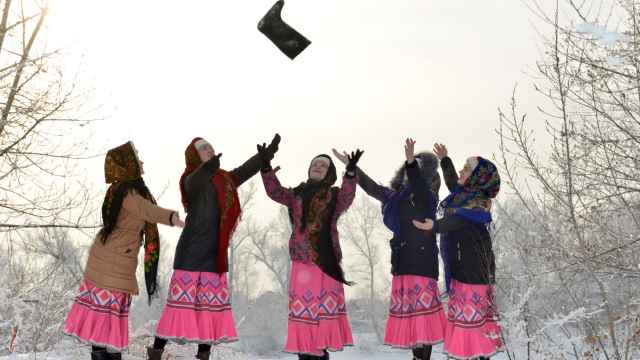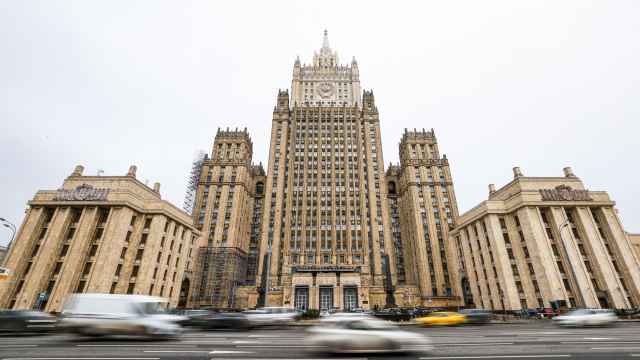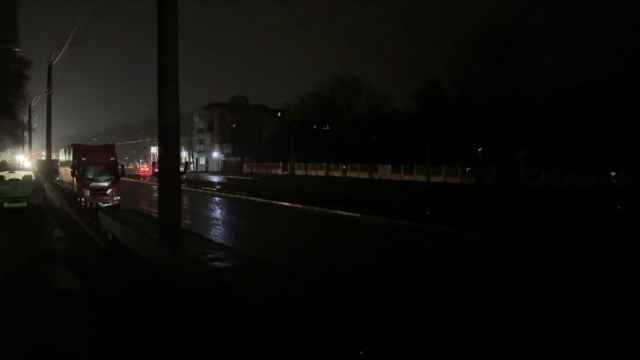TBILISI — A political tug of war in Georgia is unsettling business and hurting the economy in the former Soviet state that has won the most international praise for its market-friendly reforms.
Companies are putting off investments, and the resulting slowdown in growth is raising questions over whether billionaire Prime Minister Bidzina Ivanishvili can keep his generous social spending promises.
Uncertainty is likely to persist until October's presidential election, which will end a year of bitter rivalry between President Mikheil Saakashvili, who must step down after serving a constitutional limit of two terms, and Ivanishvili.
While the slowdown is not severe enough to wreck the chances of Ivanishvili's preferred candidate for president, Education Minister and Vice Premier Georgy Margvelashvili, investors are worried that Georgia might take a more interventionist tack.
"I wanted to open more shops in Tbilisi and probably in other cities, but the situation right now is not so good," said an Iranian businessman who runs a chain of textiles shops. "It's not clear … whether there will be changes in the tax code, the labor code, in attitudes to foreign investors."
He asked not to be named.
During Saakashvili's nine-year-old rule, Georgia rose to ninth place in the World Bank's Doing Business rankings, making the Caucasus state of 4.5 million people the most investor-friendly country in the former Soviet Union.
What About the Workers?
Since becoming prime minister last fall, Ivanishvili has taken a more paternalistic path and sought to improve ties with Russia, where he made his $5.3 billion fortune — worth more than a third of Georgia's gross domestic product.
He has promised to boost state largesse towards the poor by spending 700 million lari ($430 million) on pensions and another estimated 700 million on a new health insurance scheme.
Parliament, where Ivanishvili controls a majority, has already given initial approval to labor code amendments that would strengthen job security and rights to overtime pay.
"A lot of real-economy investors who put a lot of money in FDI projects held off until they saw what the government's policy stance would be," said Anthony Simond, emerging markets analyst at Aberdeen Asset Management.
Many had been reassured, he said. Bonds had held up well, and politics was largely background noise.
Yet dozens of former officials, including a former prime minister, have been arrested under Ivanishvili, while his supporters have also launched a large-scale prisoner amnesty.
"This sort of thing can impact investment decisions … and result in increasing feelings of insecurity," said Lawrence Sheets, International Crisis Group's South Caucasus Project Director.
Another investor said his banking and construction group had decided "to wait until the next year and see whether the situation is suitable for new projects."
Ivanishvili's supporters say difficulties will fade next year. "We are in a transition period. It scares investors for a while but not in the long term, and it does not pose a serious threat to the economy," said Vice Premier Kakha Kaladze.
Recession Risk
Foreign direct investment has fallen, compounding the impact of a downturn in the global economy and leading some economists to suggest a risk of recession.
A resumption of exports of Georgian wine and mineral water to Russia — the two countries fought a brief war in August 2008 — is expected to boost the economy only in the longer run.
Georgia's GDP grew by 1.9 percent in the first quarter of 2013, year on year, well down from 6.7 percent growth in the same period last year and casting doubt over a full-year government forecast for 6 percent growth.
In May, the European Bank for Reconstruction and Development cut its 2013 growth forecast to 3 percent from 5 percent.
FDI in the fourth quarter of 2012, the latest period for which statistics are available, nearly halved to $181 million from the same period a year earlier, official figures showed.
Akaky Tsomaia of the Tbilisi-based New Economic School said a recession was possible.
But most analysts said the climate should improve after the presidential election. Opinion polls show Ivanishvili's candidate Margvelashvili is a strong favorite to win.
"Local business people and international investors are hoping for an end to the row between the president and prime minister that should jump-start investments," said Fady Asly, chairman of the International Chamber of Commerce in Georgia.
Foreign investors spent an estimated $865 million in Georgia last year, a total the EBRD says Georgia cannot match this year.
"Given the external and internal environment this year I would think that [FDI] would be more or less stable, probably a little less than last year, but it will increase down the line," said Alexander Pivovarsky, a lead economist at the EBRD.
Georgia, where the unemployment rate is 15 percent and GDP per person was $3,250 last year, lower than most other ex-Soviet countries, needs investment to cover higher social outlays.
A new program for the agricultural sector may require 1 billion lari from state coffers, the government has said. Foreign debt at end-April was more than $4.2 billion and Georgia is due to repay a $500 million Eurobond debt this year.
"Growth will be stimulated a little bit … as the government is giving more money to the poor, but it's not necessarily going to translate into investment right away," Pivovarsky said.
A Message from The Moscow Times:
Dear readers,
We are facing unprecedented challenges. Russia's Prosecutor General's Office has designated The Moscow Times as an "undesirable" organization, criminalizing our work and putting our staff at risk of prosecution. This follows our earlier unjust labeling as a "foreign agent."
These actions are direct attempts to silence independent journalism in Russia. The authorities claim our work "discredits the decisions of the Russian leadership." We see things differently: we strive to provide accurate, unbiased reporting on Russia.
We, the journalists of The Moscow Times, refuse to be silenced. But to continue our work, we need your help.
Your support, no matter how small, makes a world of difference. If you can, please support us monthly starting from just $2. It's quick to set up, and every contribution makes a significant impact.
By supporting The Moscow Times, you're defending open, independent journalism in the face of repression. Thank you for standing with us.
Remind me later.


